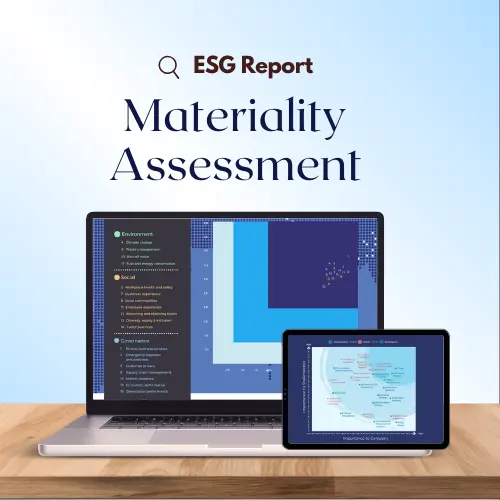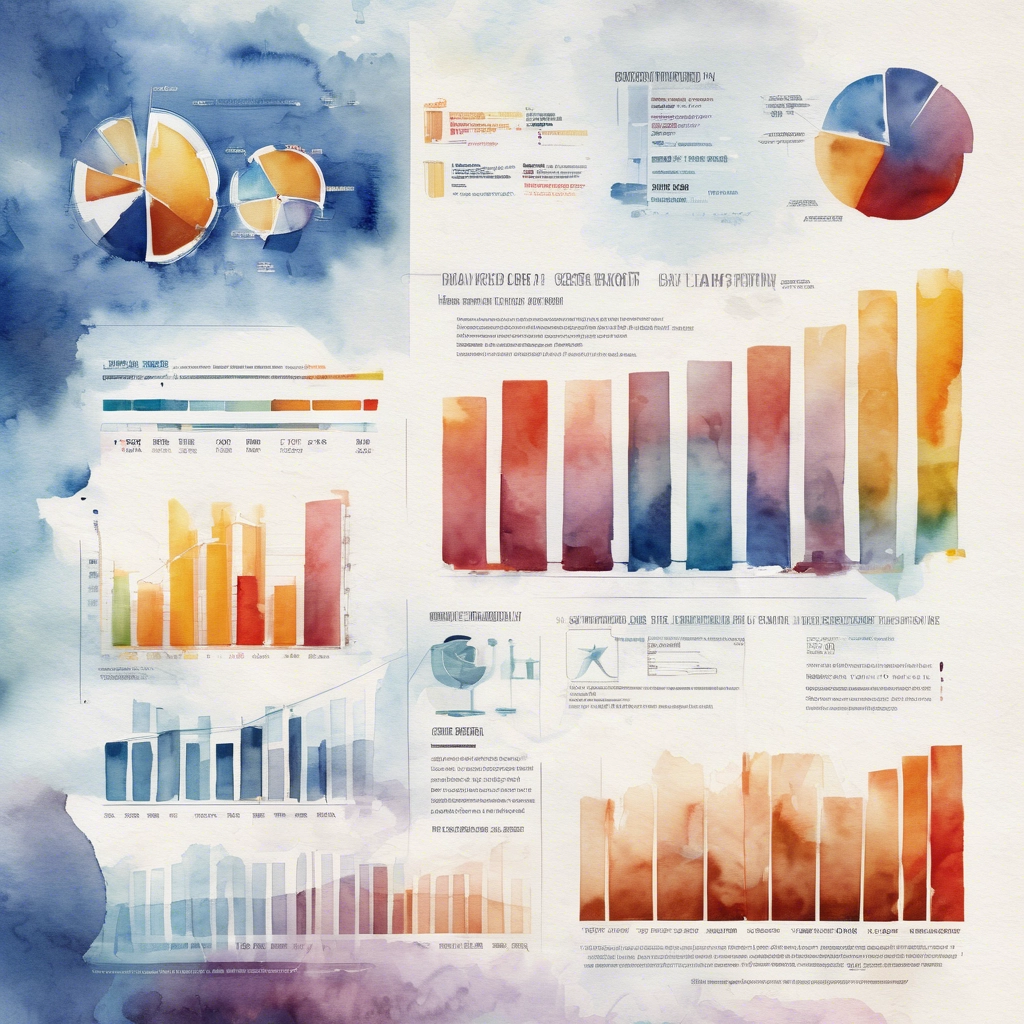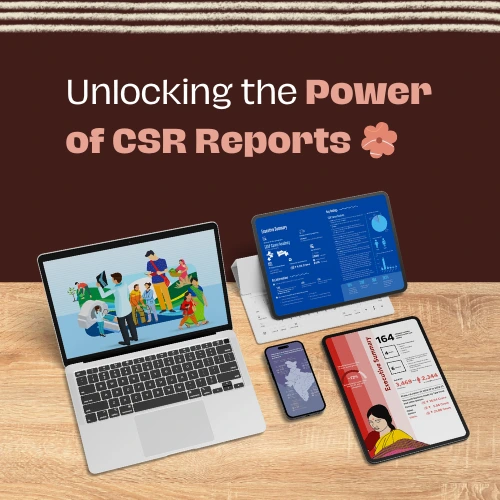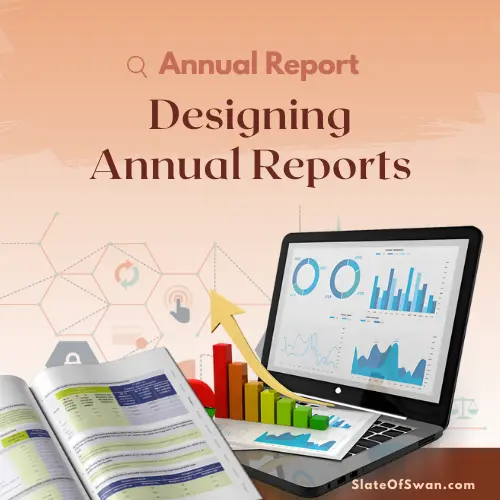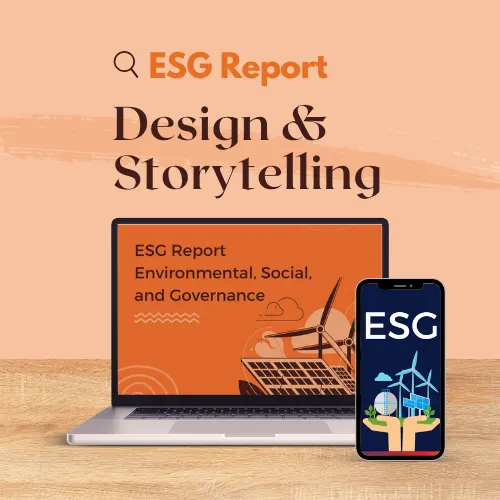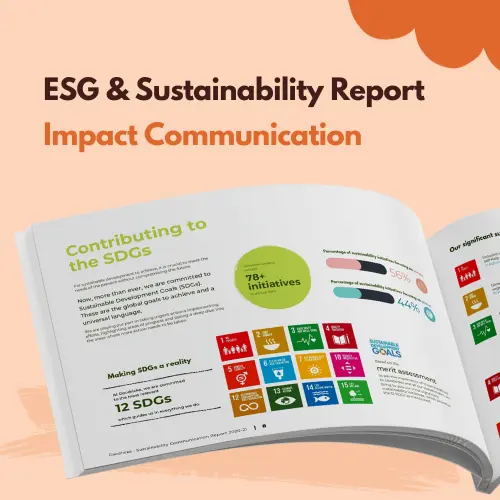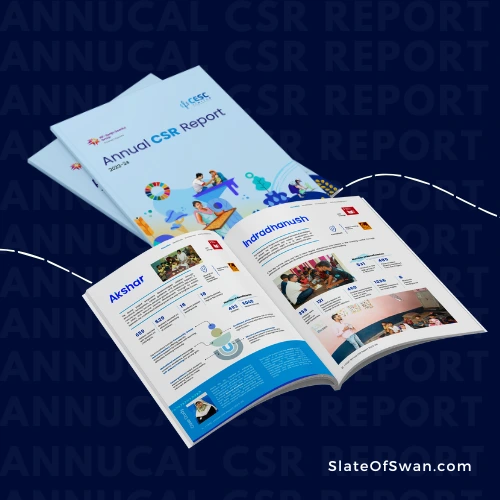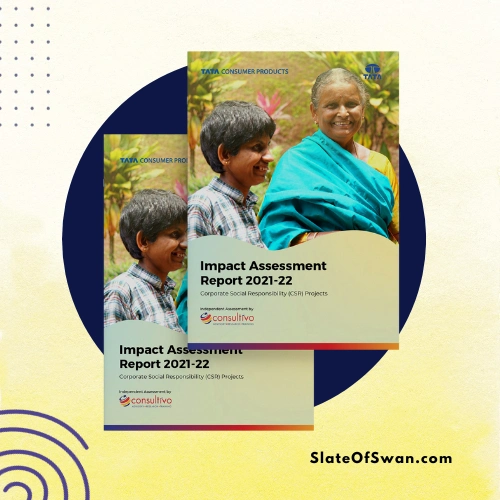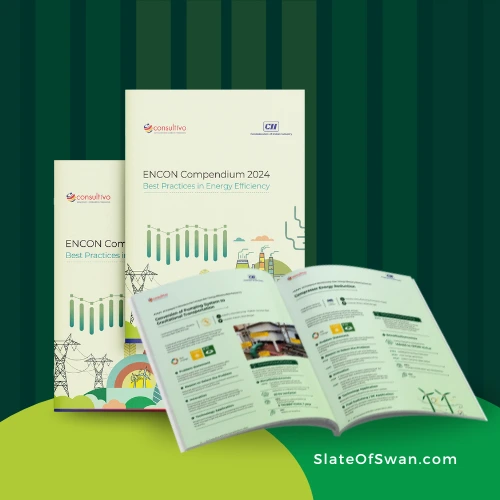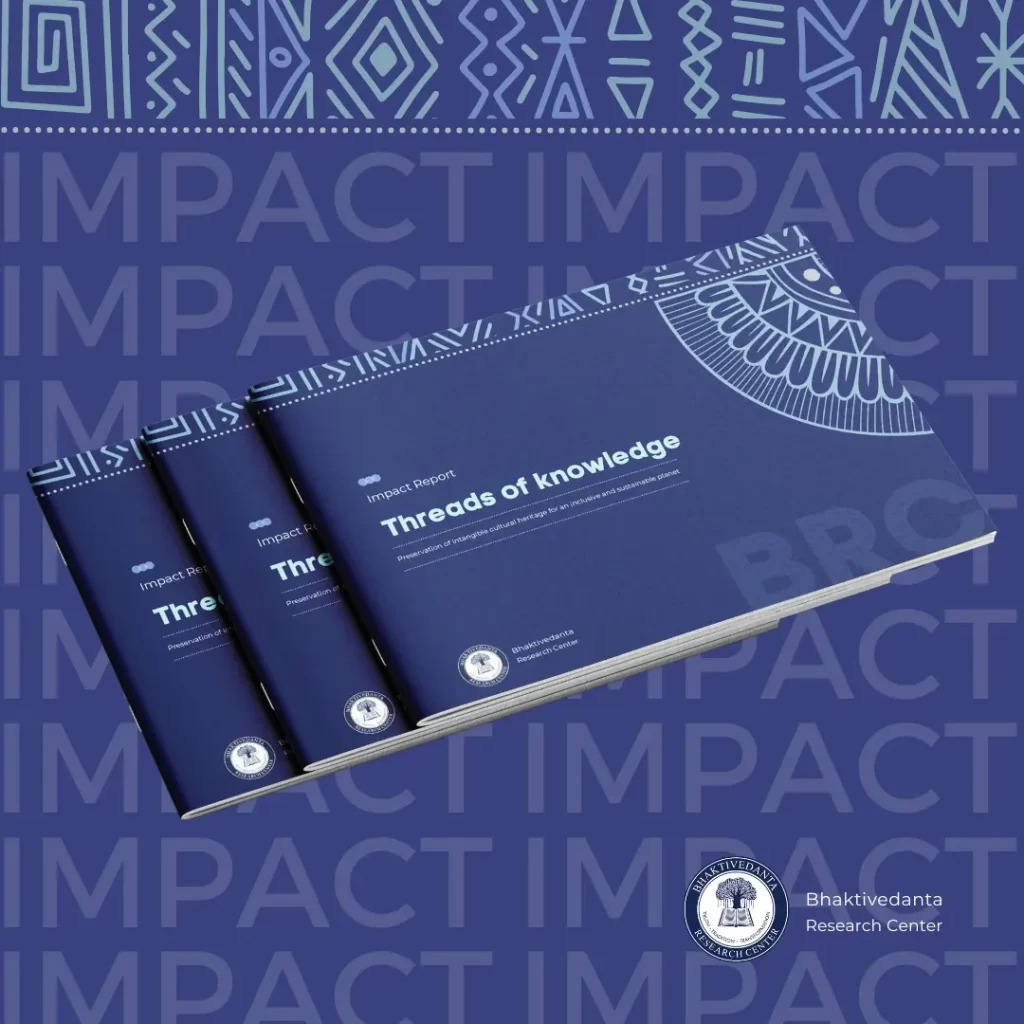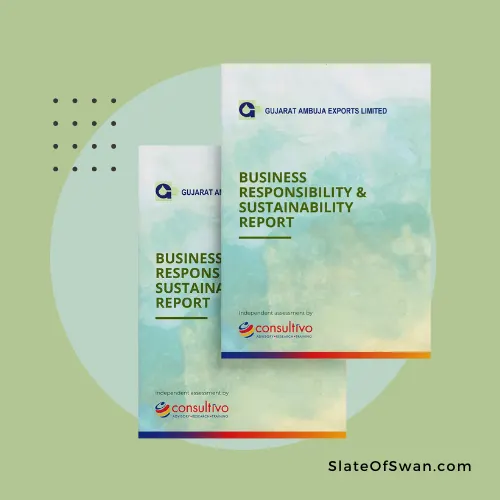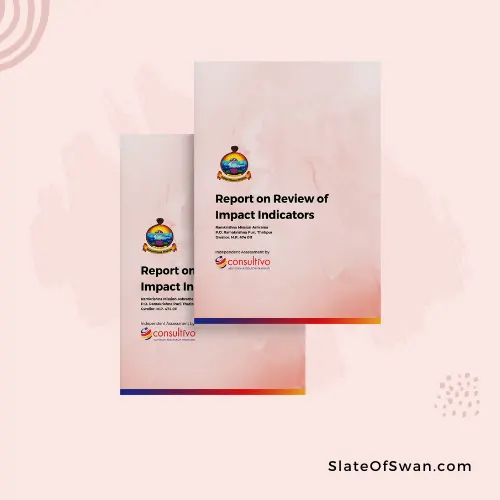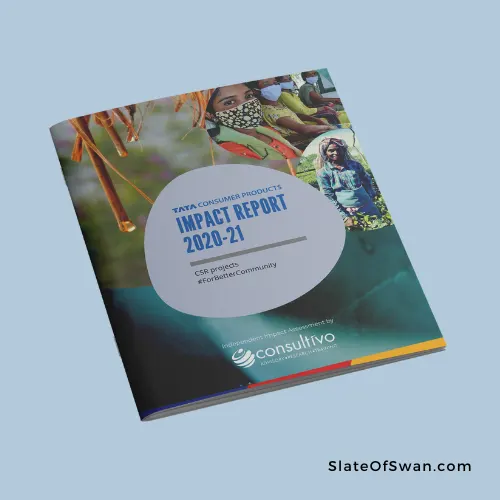The ESG data decoded: Your guide to transparent business impact

They highlight their responsible business efforts. They speak of good environmental and social practices. They also mention strong governance. This is all part of ESG. But is it real? Or is it just good marketing? Sometimes, it can be hard to tell. This is where ESG data comes in. Good ESG data helps us see the truth.

Greenwashing: When Claims Lack Proof
Companies sometimes make claims that are not entirely true. They might overstate their environmental efforts. They could exaggerate their social impact. This is called greenwashing. It’s like putting a green coat on something that is not really green inside. Green wash misleads people. It makes them think a company is doing better than it actually is.
Greenwashing can happen when companies don’t have proper data. If they don’t track their impact, they might make wrong claims. This can be linked to dark data. Dark data is the data a company collects but does not use.
If a company’s ESG data is incomplete or unanalyzed (ESG dark Data), it’s easier to make unfounded claims. Without proper, traceable ESG data, claims of sustainability can easily become green washing. This is why transparent and accurate ESG reporting, sustainability reporting or CSR reporting is crucial. Companies publish an annual CSR report to detail their initiatives, but without solid data, it can risk being perceived as mere window dressing.
Why Traceability of ESG Data Matters
Imagine trying to follow a recipe without knowing where the ingredients came from. It would be difficult to trust the final dish. The same is true for ESG data. We need to know where the data comes from. We need to be able to trace it back to its source. This is called traceability.
Traceability is very important for ESG assurance. Assurance is like a check-up for a company’s ESG data. Experts look at the data and make sure it is accurate and reliable. Without traceable ESG data, it’s hard to be sure. If the data cannot be traced, it’s difficult to verify claims. This makes it harder to prevent corporate green wash. Good traceability builds trust. It shows that a company is serious about its ESG commitments and strengthens the credibility of its sustainability reporting.
Understanding the World of ESG Data
ESG data includes a lot of information. It covers how a company affects the environment. This includes things like carbon emissions and waste. It also looks at social factors. These can be things like labor practices and community relations. Finally, it considers governance. This involves how the company is run and how decisions are made.
Collecting good ESG data can be challenging. Companies gather information from many different places. This data needs to be accurate. It also needs to be consistent. And it needs to be easy to understand. An effective esg reporting framework provides the structure for collecting, organizing, and presenting this complex information, ensuring a comprehensive esg report.
The Problem of Dark Data in ESG
Many companies struggle with dark data. This is the data they have but don’t use. It could be sitting in old databases. Or it might be in unread reports. Sometimes, companies don’t even know they have this data.
ESG dark Data is a big problem. If important ESG data is hidden, companies can’t get a full picture of their impact. This can lead to missed opportunities for improvement. It can also make it harder to report accurately. And as mentioned before, it can contribute to unintentional (corporate green wash). This lack of accessible data makes robust esg reporting difficult.
The real challenge with ESG data isn’t just about unused corporate information; it’s the missing or inconsistent pieces that truly matter. We often lack crucial metrics like full Scope 3 emissions. Even when data is gathered, its quality and integration issues prevent it from being truly useful for strategy or assurance.
As Madhabi Guha, Co-founder of Slate of Swan, puts it, “The real power of ESG data isn’t just that it exists, but that it’s usable, traceable, and insightful – turning numbers into actionable intelligence for a sustainable future.”
Shining a Light: Using ESG Data Effectively
To avoid green washing, companies need to use their ESG data effectively. This means collecting the right data. It also means analyzing it properly. And it means making sure the data is traceable.
Companies should invest in good data management systems. They need tools to collect, store, and analyze ESG data. They also need skilled people who can understand and interpret the data. This commitment to data management is fundamental to credible sustainability reporting and a robust esg report. Adhering to a recognized esg reporting framework helps standardize this process.
The Role of Technology in ESG Data Management
Technology can play a big role in managing ESG data. There are software solutions that can help companies track their environmental impact. Other tools can help monitor social performance. And analytics platforms can provide insights into governance practices.
These technologies can make it easier to collect and trace ESG data. They can also help companies identify areas where they can improve. This can lead to more authentic ESG performance and reduce the risk of green washing. It streamlines the entire esg reporting process, making CSR reporting more efficient and reliable.
Building Trust with Transparent ESG Data
In today’s world, stakeholders care about more than just profits. Investors want to know about a company’s ESG performance. Customers are increasingly choosing brands that are sustainable and ethical. Employees want to work for companies with strong values.
Transparent ESG data can help build trust with these stakeholders. When companies are open about their impact and can back up their claims with traceable ESG data, it shows they are serious. This can lead to stronger relationships and a better reputation. It also helps to avoid accusations of green wash. A well-prepared annual CSR report and comprehensive esg report are key tools for communicating this transparency to the public.
Moving Beyond Greenwash: The Future of ESG
The future of ESG depends on accurate and reliable data. We need to move beyond green washing. We need real action and real results. This requires a strong focus on ESG data quality and traceability.
Companies that prioritize good ESG data management will be better positioned for long-term success. They will be able to make more informed decisions. They will be more resilient to risks. And they will be better able to meet the expectations of their stakeholders. Embracing ESG data is not just good for the planet and society; it’s good for business too.
By focusing on traceable and transparent ESG data, companies can truly demonstrate their commitment and build a more sustainable future, moving away from the dangers of corporate green wash and the obscurity of ESG dark Data. This commitment strengthens all forms of sustainability reporting, from the annual CSR report to the comprehensive esg report, ensuring that companies truly adhere to a robust esg reporting framework for credible esg reporting.
About Slate of Swan
Slate of Swan is a design-led impact communication and ESG innovation startup, uniquely combining deep domain knowledge, analytical depth, and creative storytelling with powerful design abilities. This rare blend allows us to craft communication solutions that are not only visually compelling but also strategic, evidence-based, and highly impactful.
Driven by a vision to lead the global shift in responsible business communication, Slate of Swan constantly innovates at the intersection of ESG and creativity.
Share this post
news-events











